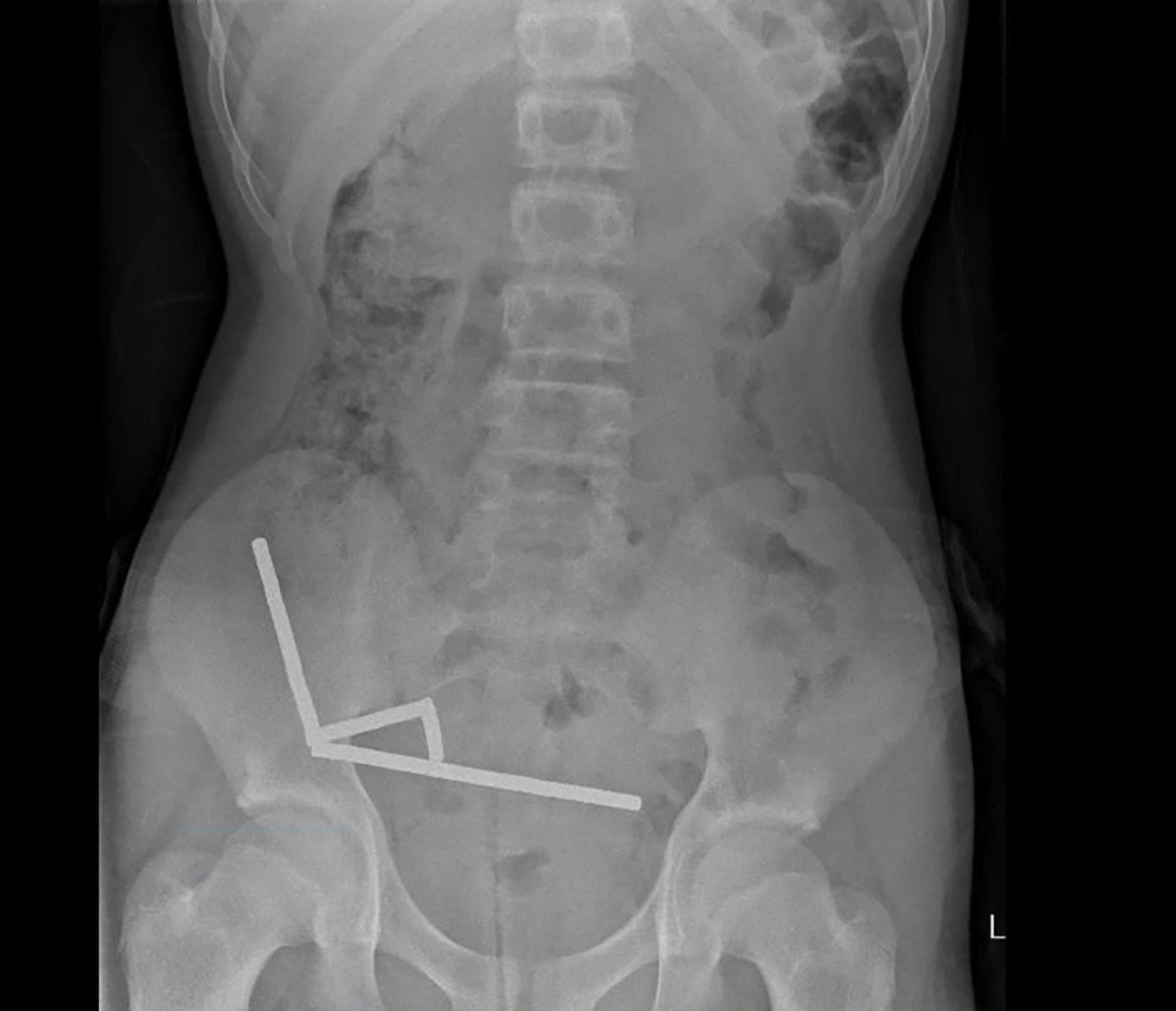13-year-old boy hospitalized after swallowing dozens of high-powered magnets

This undated handout released on Friday from the New Zealand Medical Journal (NZMJ) shows an x-ray image of pieces of high-power magnets clumped up in the intestines of a New Zealand teenager in Tauranga.
By Hanna Park, CNN
(CNN) — A 13-year-old boy in New Zealand was hospitalized after swallowing dozens of high-powered magnets, ultimately losing part of his bowel, according to a recent case report in the New Zealand Medical Journal.
The boy, whose identity was not disclosed, ate between 80 and 100 neodymium magnets, each five millimeters by two millimeters in size, according to the report.
The high-powered magnets, often sold as desk toys for adults, are small yet dangerous if swallowed. Their strong magnetic pull can cause parts of the digestive tract to stick together, leading to severe complications such as pressure necrosis, perforation or life-threatening infections, according to the report. Surgery is often required, with risks of long-term complications, such as chronic pain.
The teen endured four days of abdominal pain before seeking medical help, the report said. At the hospital, he told doctors he swallowed the magnets roughly a week earlier. The report did not name the hospital where he was treated or explain why he ate the magnets.
Scans revealed the magnets had clustered into four chains in the lower-right side of his abdomen, pulling together different sections of his bowel with their magnetic force, the report said, noting some imagery was distorted by the magnets. Doctors then proceeded with exploratory surgery.
During the procedure, surgeons discovered the magnet chains were causing pressure necrosis – tissue death from prolonged pressure – in parts of the bowel and large intestine. They successfully removed the magnets, but the boy required removal of part of his bowel. He spent eight days recovering in the hospital before being discharged, the report said.
Although countries like New Zealand and Australia have permanently banned the sale of high-powered magnets, enforcement remains a challenge. The magnets are still widely available online at low prices, often with no age verification required, the report said.
The boy told doctors he purchased the magnets from online retailer Temu. The company told CNN it could not independently verify this claim.
“As a precaution, we reviewed the photo of the magnets published in the Journal and checked listings of similar products on our platform. The magnets currently available are compliant with New Zealand regulations, and such products are also sold through other major online and physical retailers,” a Temu spokesperson said.
“While these products are lawful to sell, they can be dangerous if swallowed and we support efforts to raise public awareness about magnet safety,” the company added.
In the United States, the Consumer Product Safety Commission introduced a mandatory safety standard in 2022 that limits the power of loose or separable magnets in products designed for purposes such as entertainment and stress relief.
The agency has also issued multiple recalls for products containing hazardous magnets, which it continues to classify as a safety risk.
The-CNN-Wire
™ & © 2025 Cable News Network, Inc., a Warner Bros. Discovery Company. All rights reserved.



